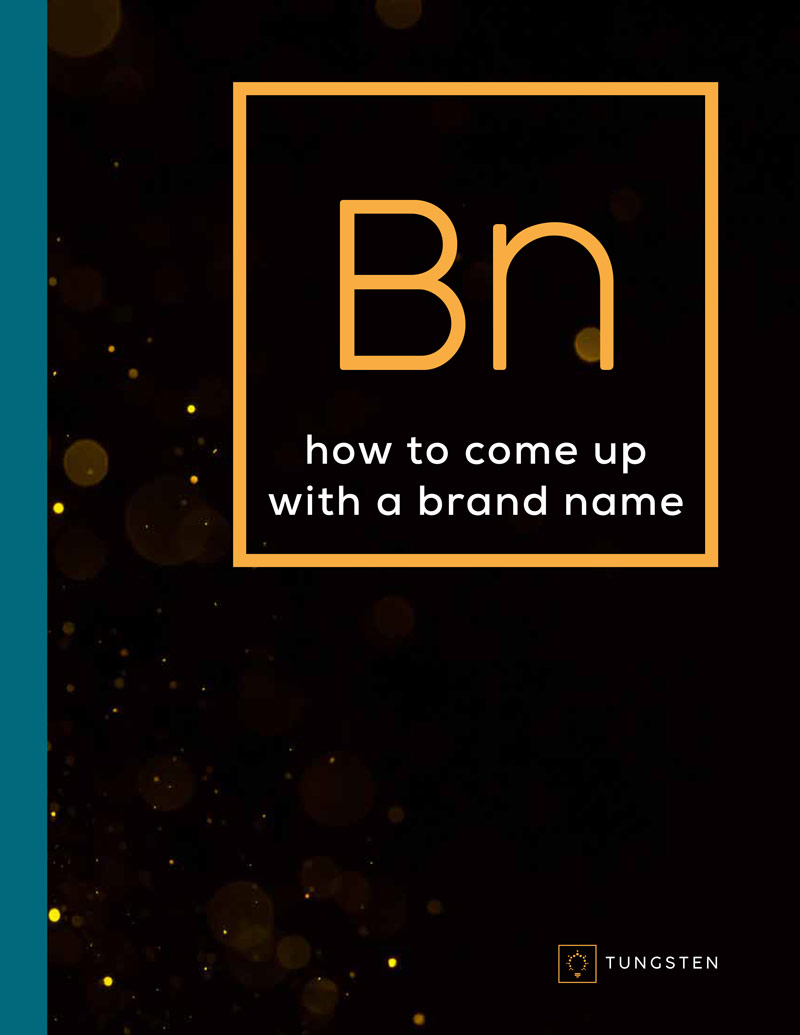Tag lines can make or break a company. Nike’s “Just Do It” is arguably just as famous as the company itself. For years, Coca Cola ads extolled “Coke Is It” and later “Coke Adds Life.” I can still recall (okay… I’m not that old, I just have a really good memory…) that “Winston tastes good, like a cigarette should” and that “I’d walk a mile for a Camel.” Numerous spin-offs have resulted from the “Got Milk?” campaign to the point where it has become part of pop culture. Apple implores the world to “Think Different,” Avis promises to “Try Harder,” and M&Ms will always “Melt in your mouth, not in your hands.”
Many, if not all, of these tag lines serve as positioning statements. They tell why the company is different or better than all the rest. If you want something that “Tastes great, less filling” then you know to reach for a Miller Lite. The old Timex ads let us know that their watch “Takes a licking, and keeps on ticking.” In this case the positioning revolved around reliability and durability.
So why then, (and here’s where I give out my #1 tag line pet peeve) do we still have tag lines that apologize for a company’s main product or service? I sometimes call them non-statement statements, and here are just a few past and present…
“We’re more than great coats” Burlington Coat Factory
“We’re more than just staffing” Advanced Staffing
“We’re more than a bus company” Pacific Western
“We’re more than just computer sales” Discount Computer Sales
“More than a bank” Arkansas Valley State Bank
You probably get the general idea. This type of tag line double speak is usually indicative of a deeper problem, the company brand name itself. In the case of Burlington Coat Factory, they had grown to a point in the late 90’s where coat sales only accounted for 20% of their total revenue. Rather than rebrand, they launched a $48 million advertising campaign with the tag line “We’re more than great coats.” There are a few problems with this strategy…
1. It takes an apologetic stance for the company’s main product line.
What’s wrong with being a bus company, or a bank, or a staffing company? And if there is something inherently wrong, then perhaps it’s time to re-examine the company name. If the name is too confining, too narrow, why spend $48 million to try to overcome a self made obstacle? It’s often less expensive and more effective to rebrand than to carpet bomb the media in an attempt to overwrite the literal meaning of a company name.
2. It doesn’t explain who you are, what you are or what you do.
As if apologizing for the company’s core product wasn’t bad enough, these type of ambivalent mottos leave the potential customer even less informed. If you’re “More than a bus company,” than what exactly are you? A truck company? An airline? A travel agency? Who knows!
These “More than” tag lines probably began with the intention of creating curiosity in the minds of consumers, as if they will immediately demand “Then tell me more! Tell me what you really do!” But in the busy reality of daily life, few will bother to inquire further. It just takes too much effort. And if the company can’t succinctly convey what they do, why should the consumer have to figure it out?
If you want to differentiate your company and it’s products, then create tag lines that are informative and compelling — ones that will further position you in the eyes of your potential customer. If it’s going to work, it needs to be “more than a tag line.”
About the author: With over twenty-five years of company naming and branding expertise, Tungsten founder Phil Davis is a marketing and advertising veteran, having personally named over 250 companies, products and services worldwide. As a sought after branding expert, Phil has been quoted in The Wall Street Journal, Inc.com, Businessweek, Entrepreneur, and Newsday.
BY Phil Davis
Brand Naming Expert
With over twenty-five years of company naming and branding expertise, Tungsten founder Phil Davis is a marketing and advertising veteran, having personally named over 250 companies, products and services worldwide. As a sought-after naming expert, Phil has been quoted in The Wall Street Journal, Inc.com, Businessweek, Entrepreneur, and Newsday.




